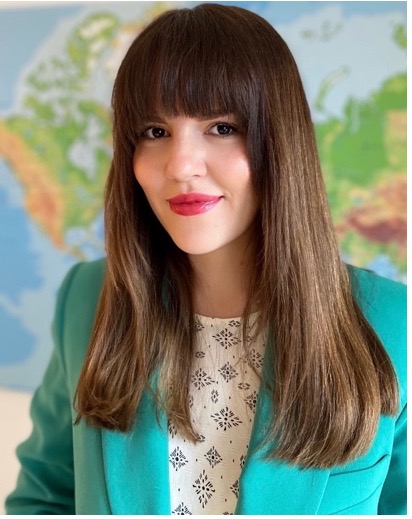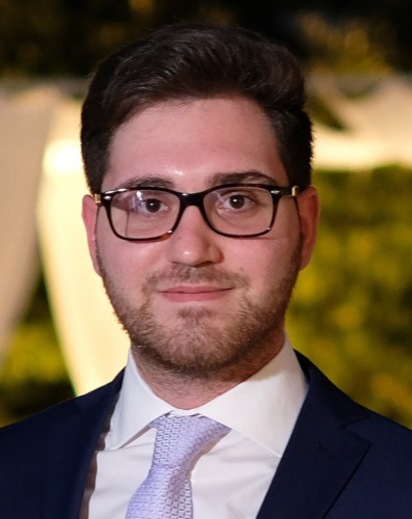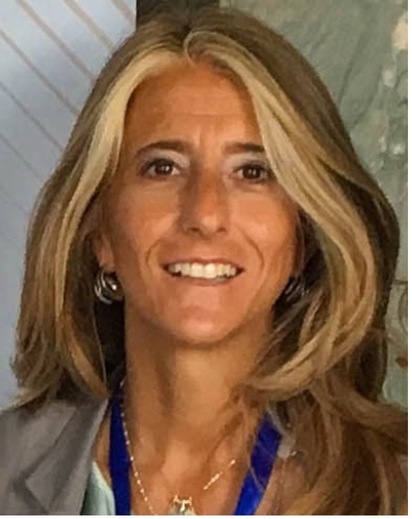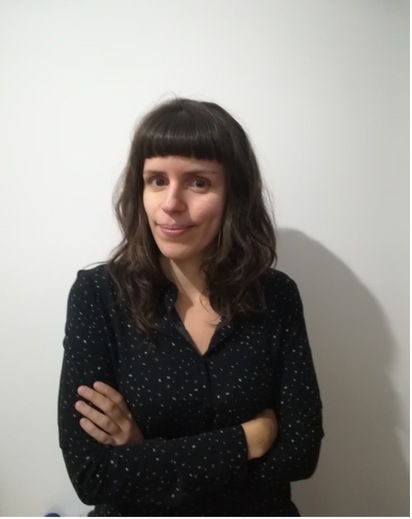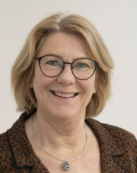About us
RestART Europe has a consortium of partners from four different European countries, including Germany, the Netherlands, Italy, and Portugal. The arts and creative industries have been strongly affected by the COVID-19 pandemic, where there is a lack of support and incentives for female entrepreneurs after a first failure to start a business again.
The diversity of the information we will collect will allow us to create resources that can be used to restore the arts and creative industries, not only in our partners’ countries but also in other EU countries.
From an ecosystem perspective, the partners selected to participate in the project are highly influential in their regions and have the necessary competencies, networks and knowledge for the success of the project. The transnational partners will complement each other by bringing their unique competencies to the project: mentoring experience, digitalization and female entrepreneurship, higher education programs in the arts and creative sector, entrepreneurship and quality assurance, demonstrating that the consortium is fully integrated into their national ecosystems.

